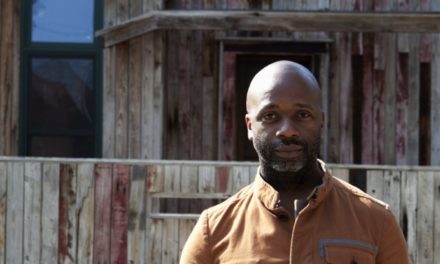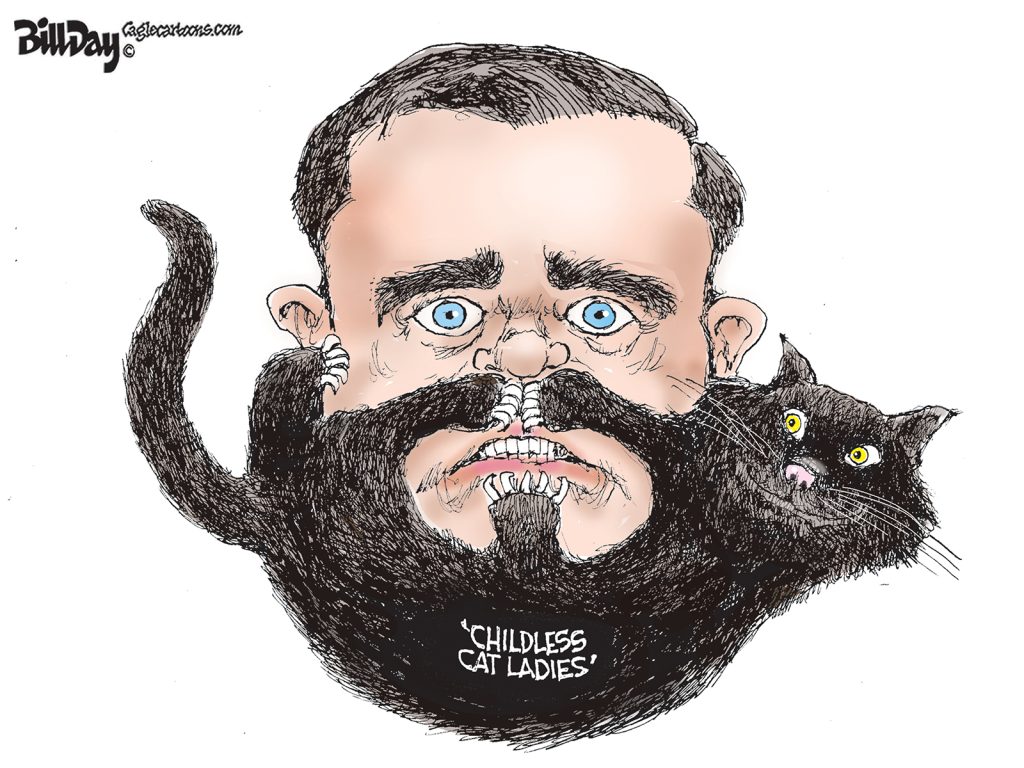Legendary Bellevue Baptist Church preacher R.G. Lee had an equally legendary sermon called “Pay Day Someday.” It’s a theme that aptly sums up the tenor of the upcoming City of Memphis budget hearings.
It’s payday for Memphis City Schools funding and someday is finally here, and along with it, a debt of $68 million to be paid this year, marking the last year that city taxpayers will have to pay twice for schools. That future savings is unlikely to put Memphians in a good attitude for this year as government faces the two options that it has to rely on to balance a budget: cut costs (which mean people) or raise taxes. Either option lights a fuse for political firefights.
City budget hearings have adopted this tone of conflict and controversy after years of disguising Memphis’ serious structural problems through clever financing and annexations; however, staring into the first decline in population and property values since the days of yellow fever, Memphis is left with no painless options for making the budget work.
Here’s the thing: there are no real winners and losers when it comes to budget conflict, overheated rhetoric, and political gamesmanship. Polling has shown reliably over the years that the public’s attitude in the midst of government chaos and heightened conflict between elected officials is to say “a pox on all their houses.”
Debate and Decisions
The political risk has been most graphically shown over the years when flare-ups between the city mayor and the county mayor burst into public disputes. For example, when Memphis Mayor Willie W. Herenton and Shelby County Mayor Jim Rout went toe-to-toe, both of their unfavorable in polls went up.
City council members are blessed and cursed. They have it easier than the mayor because there is the potential to play to the base and improve their favorable with the core supporters, but in the end, playing to the base doesn’t’ make for effective budgeting. That’s not to say that the personal attacks against Councilman Kemp Conrad were anything less than despicable and these kinds of ad hominem attacks (some targeted Memphis Mayor A C Wharton) do little but harden the sides and make the middle ground even more out of reach.
Recent years’ budget hearings have been characterized by some testy exchanges between City Council and the Wharton Administration and most City Hall insiders predict them to ratchet up even more this year as a result of what one councilman calls “rocky” relationship between the Council and the Administration.
Budget hearings are a time for serious debates about policies and core services and the lack of a solid working relationship can be fatal to the underlying trust needed to craft a budget that responds to the needs of the city while ensuring that every tax dollar is spent wisely.
Puzzler
When it comes to taxes, the public’s attitude is “what have you done for me today” although the property tax rate is almost exactly the same as 19 years ago and that the cost of government per person is cheaper for Memphians than Colliervillians, Germantowners, and Bartletteers. Or said a different way, if City of Memphis government had the same cost of government rate as Germantown, its budget would be twice what it is now.
While the property tax rate will garner much of the budget attention, property tax revenues only account for about 27% of the total budget of City of Memphis, and every dollar of property tax revenues still fall short by about $50 million in funding just the police and fire budgets.
In other words, the city budget is like a jigsaw puzzle where fees for permits, taxes on beer and alcohol, court costs and fines, payment-in-lieu-of-tax payments from Memphis Light, Gas & Water, state and federal grants, sales taxes, and dozens of other pieces come together to form the whole budget puzzle. It’s finding that balance between taxes and fees that’s a major part of budget decisions, and while City Council is dealing with fees for services, it should make sure that the fee covers all costs (which isn’t happening with every fee now).
Because hindsight is always 20-20, the decision to eliminate school funding in 2009, to reduce the property tax rate by 19 cents, and then plow most of the savings – about $40 million – into city operations exacerbated today’s budget dilemma. As City Councilman Jim Strickland – now budget chairman – said at the time, city government should have hedged its bets, considering that a court challenge (and we still think the court rulings were wrong) was guaranteed but city government was spending the money that would cover a demand for school funds.
New Revenues From New Jobs
While the City Council deserves credit for their guts in forcefully tackling Memphians’ double taxation for schools, the 18 cents cut in the property tax rate was only about one-third of what it could have been if the entire amount had been converted into a property tax decrease.
As Mayor Wharton has said, what’s done is done and the budget crisis – he wasn’t in office when Council cut school funding – is too real and too pressing to spend the time assessing blame for the $68 million bill that has to be this year to Memphis City Schools.
There is a dichotomy on City Council that the Administration has to thread in order to get the votes for a final budget. There is the cut-cut group and the tax-tax group or the shrink government group and the maintain and expand services group. Neither offers a clear path to a FY 2013 city budget, and if each side defaults to hard lines positions, city taxpayers don’t get a balanced budget in either the numbers of the responsibilities to respond to the serious needs of Memphians.
The good news is that all sides share the belief that the best way to provide new revenues for city services is to grow the economy, and progress is being made. The Memphis MSA was in the top five of cities putting people back to work in the last quarter of 2011, and the new jobs coming online at Mitsubish, River City Brewing, and Electrolux are big steps in the right direction.
The excitement about this is dulled, however, by the reality that none of these companies will pay property taxes for more than a decade, so there is no cavalry riding up with new property tax revenues because Memphis and Shelby County continues to have their overreliance on tax waivers that amount to $50 million a year. It’s also why the City Council is right to appoint a committee to evaluate PILOT rules and to find out when companies can be recruited based on quality rather than cheapness, which is a race to the bottom.
Next: Structure and Culture




